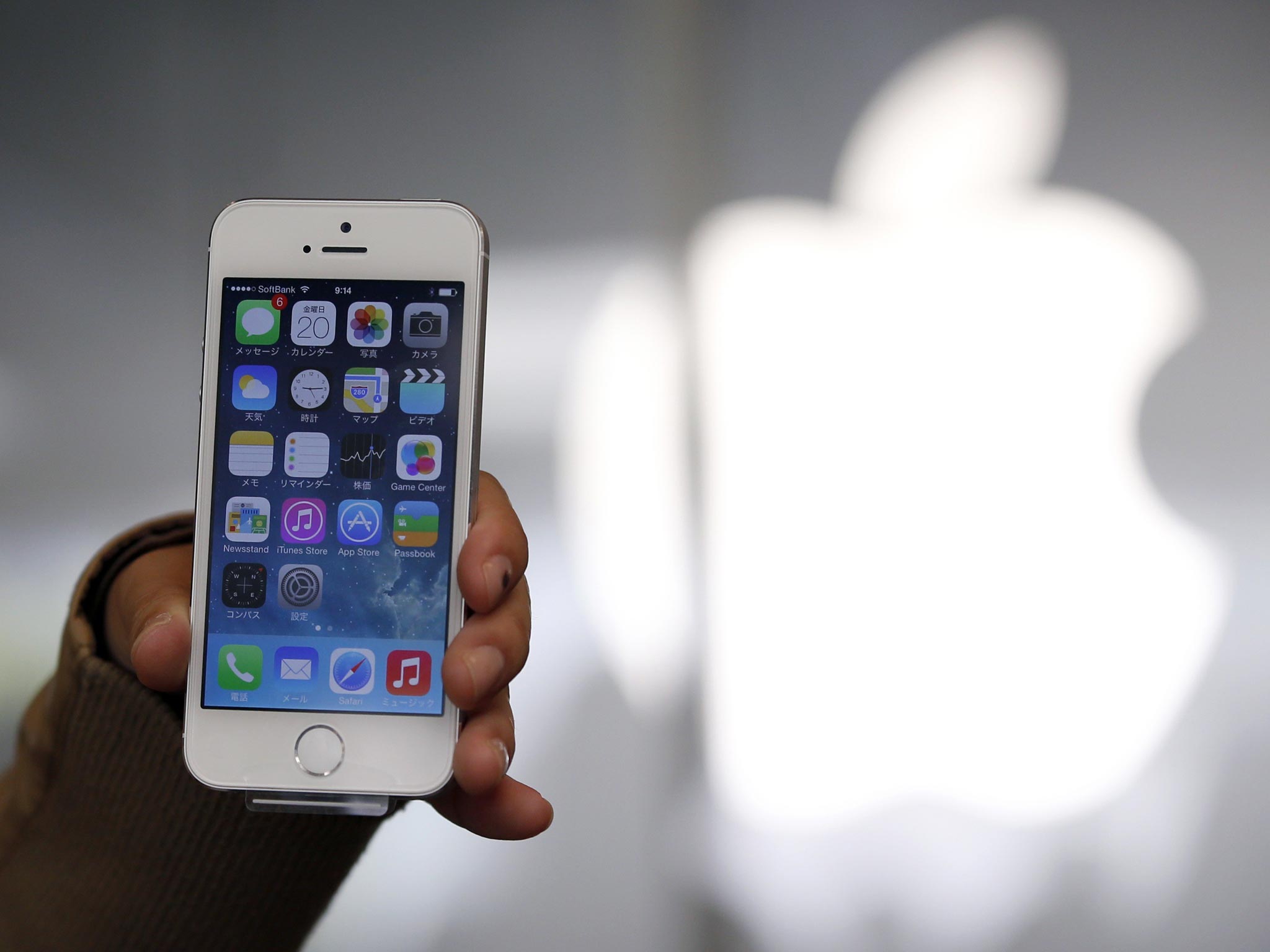Apple confirms $360m purchase of motion tech specialists PrimeSense
The Israeli based PrimeSense produced the technology for the original Kinect, fuelling rumours that Apple will be introduced gesture-controlled devices

Your support helps us to tell the story
From reproductive rights to climate change to Big Tech, The Independent is on the ground when the story is developing. Whether it's investigating the financials of Elon Musk's pro-Trump PAC or producing our latest documentary, 'The A Word', which shines a light on the American women fighting for reproductive rights, we know how important it is to parse out the facts from the messaging.
At such a critical moment in US history, we need reporters on the ground. Your donation allows us to keep sending journalists to speak to both sides of the story.
The Independent is trusted by Americans across the entire political spectrum. And unlike many other quality news outlets, we choose not to lock Americans out of our reporting and analysis with paywalls. We believe quality journalism should be available to everyone, paid for by those who can afford it.
Your support makes all the difference.Apple has confirmed that it has purchased motion detection specialists PrimeSense, an Israeli-based company responsible for the technology behind the original Kinect.
Rumours of the acquisition have been circulating since July this year, with reports last week now confirmed by Apple. The buy-out price is reported to be between $350m and $360m.
PrimeSense’s technology allows users to control technology using a range of gestures, and recent iterations of their sensors are now small enough to be incorporated into tablets and smartphones.
Apple has not issued any comment on their motives for buying the company beyond their standard statement, rebuffing any curious onlookers: “Apple buys smaller technology companies from time to time, and we generally do not discuss our purpose or plans.”
Nevertheless, the distinctive nature of PrimeSense’s technology means that speculation is rife, with tech commentators noting that motion sensors could be used in anything from the next generation of smartphones to a long-rumoured Apple TV.
This mode of developing their technology by acquisition is commonplace for Apple. In 2012 they bought a company named Authentec that specialised in fingerprint sensors and this year the company’s new iPhone 5s included just such a sensor.
Despite some scepticism on the part of consumers, gesture based interfaces are continuing to move into the mainstream as investment pushes the technology into new realms of convenience. Computer-maker HP even recently launched a laptop that integrates motion sensing technology Leap directly into the case.
Whilst the Kinect sensors developed by PrimeSense mainly rely on the use of infrared sensors to detect movement and infer depth, other technology relies on soundwaves or ‘ultrahaptics’. These use arrays of tiny speakers to create vibrations that can be felt in the air. The technology detects when the soundwaves are interrupted and then reads this as a physical interface would the touch of a button.
The use of this tech in mobile devices is not just hypothetical. A Norwegian company named Elliptic Labs has already used a related technology dubbed ‘ultrasonics’ to create smartphones that can be controlled without touching them, winning an award for innovation at the Japanese electronics tradeshow CEATEC.
Join our commenting forum
Join thought-provoking conversations, follow other Independent readers and see their replies
Comments